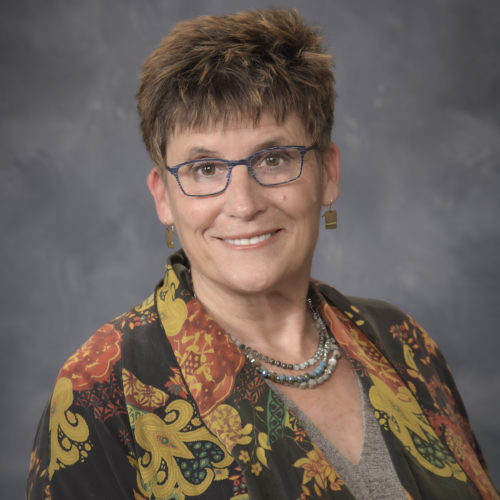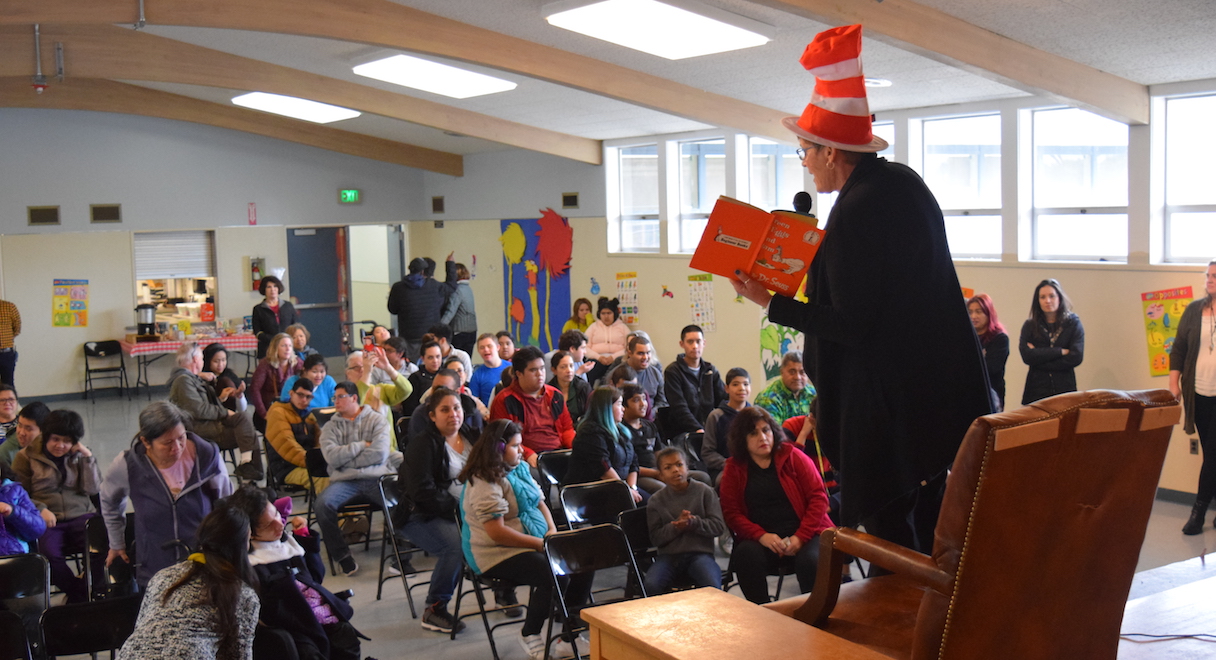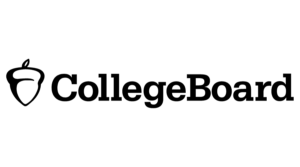Announcements
Statewide Literacy Needs Assessment Available
The CDE is requesting local educational agencies (LEAs) to complete a Comprehensive Statewide Literacy Needs Assessment, as part of the federal Comprehensive Literacy State Development (CLSD) grant. Responses received will help to inform CDE’s state literacy plan. The needs assessment is posted to the CDE CLSD web page. The deadline for LEAs to submit responses is February 10, 2020. To help LEAs complete the needs assessment, CDE hosted a technical assistance webinar on January 8, 2020 which can be viewed on the CDE CLSD web page.
To keep up with all CLSD developments interested parties are encouraged to join the listserv by sending a blank email to join-California-literacy-state-development-program@mlist.cde.ca.gov. Any questions regarding this subject should be directed to the CLSDP team via email.
New Resources From The Alliance for Continuous Improvement
The Alliance for Continuous Improvement (a project of Californians Dedicated to Education Foundation) has created an infographic in English and Spanish; “4 Steps You Can Take to Help Your Child’s School”. Additionally, there is a new “Resource Clearinghouse” page with resources on the CDEF website, grouped by topics: Local Control Funding Formula, Local Control and Accountability Plans, California School Dashboard, System of Support and Continuous Improvement, and more.
New Financial Aid Toolkit From Ed Trust West
Hidden Figures: A Framework to Increase Access to Financial Aid is a brief and toolkit aimed at increasing access to financial aid. The brief identifies best practices and strategies aimed at closing equity gaps, as well as an online toolbox which provides tangible resources to implement these practices in other schools and/or districts. That online resource toolkit can be found here.
San Diego County Enters Growing Esports Arena
The San Diego County Office of Education recently held its first esports competition involving several school teams around the county. It’s part of growing trend of schools who hope that esports teams can become catalysts for learning, socialization and career development. Esports refers to the burgeoning national phenomenon of organized competitive gaming. Esports clubs have opened in uncounted K-12 schools across the country, including at least 17 in San Diego County, and in some colleges nationwide.
Riverside , Butte , and Orange County, are COE’s who have also invested in esports. Though esports leagues are relatively new, early data suggests schools see improvements in attendance, discipline and GPA after they launch esports programs.
Nearly 200 US colleges offer about $15 million per year in scholarships, according to the National Association of Collegiate Esports.
For more information about esports in San Diego County schools, go to https://esports.innovatesd.org.
2020 San Joaquin County Science, Technology, Engineering, Arts, and Science (STEAM) Fair
Each year San Joaquin County Office of Education (SJCOE) STEAM Fair awards thousands of dollars to students of San Joaquin County who exhibit superior levels of understanding and articulation in the area of science, engineering, technology and mathematics.
The Fair takes place February 21-26, 2020 at SJCOE. View the flyer here to find our whats new for 2020.
The SJCOE STEAM Fair is open to all K – 12 students who attend school in San Joaquin County and have a teacher or qualified adult sponsor. For questions please contact Lissa Gilmore or visit the website.
CCSESA Region 6 Administrator Workshop to Support NGSS Implementation Series
Learn how to build shared language around the existing data for science instruction; deepen understanding of support for a site vision of equity in science; and reflect on how science supports the goals of your site. This is a 5 module series alternating locations between the Stanislaus County Office of Education and the San Joaquin County Office of Education. This administrator professional learning series is comprised of 5 modules designed to support site leaders with the implementation of the Next Generation Science Standards (NGSS). Click here to view the flyer with registration links.
Great Kindness Challenge
January 27-31 is the Great Kindness Challenge week. The initiative, presented by Kids for Peace, is a global campaign that promotes kindness in schools. It’s a proactive anti-bullying campaign that educators and students can use to create a culture of kindness. Read more and find resources on the CDE website here.
Innovating for Equity Summit
The CDE invites you to sign up for the Innovating for Equity Summit. This Summit replaces the annual Accountability and Leadership Conference and the Title I Conference. It provides technical assistance and professional development about federal programs under the Every Student Succeeds Act of 2015. The Summit focuses on best practices related to effective programs, student achievement, and accountability systems for all students. Superintendents, administrators, instructional leadership, teachers, and parents are invited to attend. Read more here.








